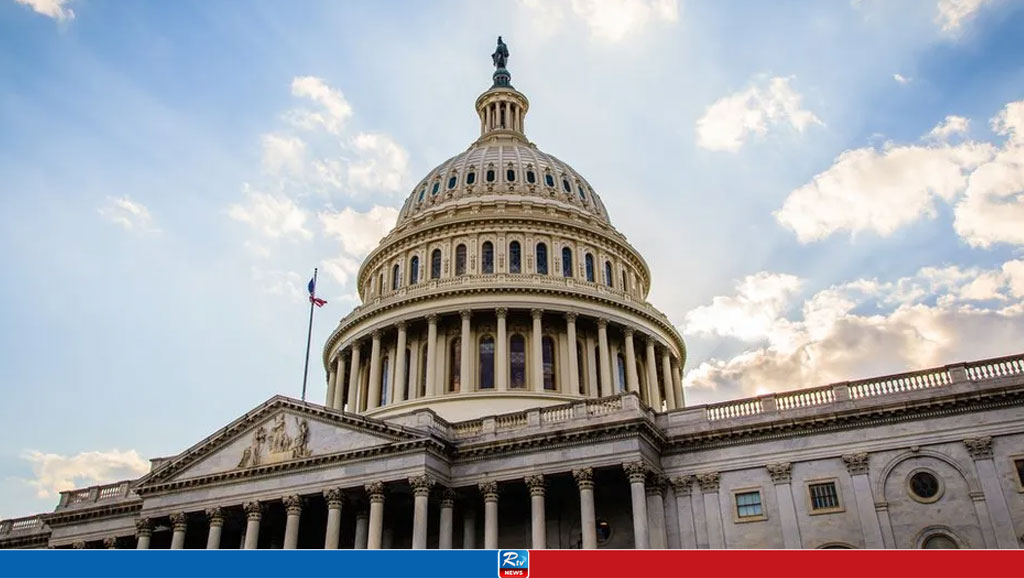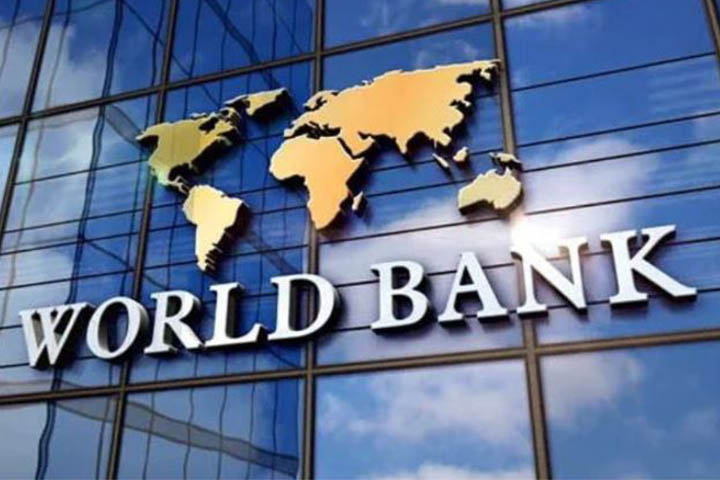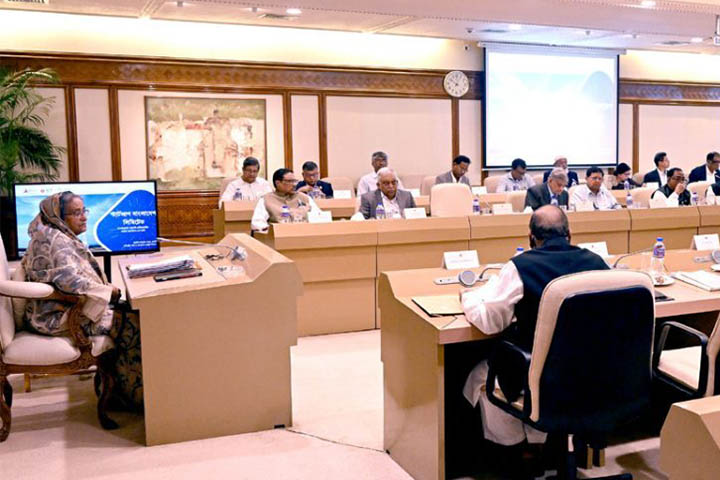EU approves new migration pact
After eight years of tough negotiations with the European Union's 27 member states, the European Parliament has approved a fundamental reform of asylum policy in the bloc.
The new migration pact comprises several intertwined laws and is primarily intended to reduce the number of new arrivals, speed up asylum procedures and establish centers for doing this at the European Union's external borders.
According to the EU's statistics agency Eurostat, the number of asylum applications has risen steadily in recent years, reaching 1.14 million in 2023. Around 4 million refugees from Ukraine have been accommodated in the bloc since 2022.
How will asylum procedures be implemented at the external borders?
In the future, asylum-seekers and refugees will be clearly identified within seven days of arrival in the EU by land, sea or air. Their details will be stored in the European asylum fingerprint database Eurodac, which will be expanded with further biometric data.
Migrants from countries with recognition rates below 20%, such as India, Pakistan or Morocco, could be detained at the border for up to 12 weeks. Holding centers are to be set up in Greece, Italy, Malta, Spain, Croatia and Cyprus, and shall be where authorities will decide whether to send applicants back to their country of origin without further inquiry. This is expected to affect only a small number of arrivals. Across the EU, these centers should be able to accommodate up to 30,000 people at any time.
Migrants from countries with higher recognition rates will be able to pass through the regular asylum procedure. Currently, this process can take years and is set to be shortened. Those people whose applications have been rejected will be deported directly at the EU's external borders.
Burden on first points of entry to be decreased
The so-called New Pact on Migration and Asylum also states that countries where migrants first arrive will be able to relocate a certain number of asylum-seekers to other EU member states. For this, a system of "mandatory solidarity" will be put in place.
If states such as Hungary refuse to accept people, they will have to pay compensation or send equipment and personnel to countries of first reception. The amount of €20,000 ($21,400) per person not admitted has been put forward, but this is nonbinding and member states will negotiate details on a case-by-case basis.
If one country thinks it is bearing too much of the burden, it will be able to request more solidarity. In crisis cases, all 27 member states will decide together.
Standardize conditions across bloc
Currently, many asylum-seekers in Greece and Italy, for example, try to continue their journey to reach countries like Germany, Austria, France, the Netherlands and Belgium. This is the case whether someone is granted asylum or not. According to the current system, the countries where applicants first arrived are supposed to take back people who have not been granted asylum. This does not usually happen.
The new pact will attempt to revise the system by providing more uniform services and conditions across the EU, so that certain member states are not considered more attractive than others.
Deportations to become easier
The new pact will also allow for the speedier deportation of people to countries of origin or transit, if these have been declared safe. The EU is attempting to seal more agreements with third-party states, such as Tunisia, Mauritania and Egypt, to persuade them to take in more people whose requests for asylum have been rejected.
Tunisia, for instance, has agreed to take back its own nationals in return for economic aid, but its government does not want to take in people from sub-Saharan Africa who initially passed through Tunisia on their way to the EU.
A 2016 agreement between the EU and Turkey had led to fewer Syrians arriving in Greece over a period of four years. But now, the Turkish government does not want to take back Syrians whose applications have been rejected, so the deal no longer applies.
Database will provide EU-wide information
According to the new pact, personnel on the external borders of the EU will in future record all people entering the bloc. Biometric information will be stored in a database that will be accessible across the EU. This will help determine whether somebody who is applying for asylum in one EU member state has already been rejected in another. It will also make it easier to deport people back to the first point of entry or to their country of origin.
There have been several attempts to implement such a database since 2015. The current Eurodac database, which only stores fingerprints, has various technical deficiencies.
New pact remains controversial
Supporters of the new pact have argued that stricter asylum rules and procedures will speed up deportations and act as a deterrent. They've said that fewer people will risk making the journey to Europe because their chances of being able to stay will be restricted.
Critics have said the pact undermines the fundamental right to asylum in the EU, and fear people in need of protection will be rejected. They've said people trying to get to the EU by crossing the Mediterranean, for example, will continue to die.
What now?
At the end of April, the Council of the European Union, which represents the 27 member states, will have to give its approval to the new migration pact, but this is considered just a formality. When the pact does come into force, with its various laws and regulations, it remains to be seen whether member states will fulfill their new obligations.
Will Italy set up functioning centers on its borders? Will the bloc's northern and eastern member states show solidarity and take in more migrants, or at least provide funds for them? It's expected that it will take two years for the pact to be implemented, but it will be many more years before it's clear whether the number of asylum-seekers in Europe has fallen as a result or not.
12 Apr 2024,14:25




















 Live Tv
Live Tv









